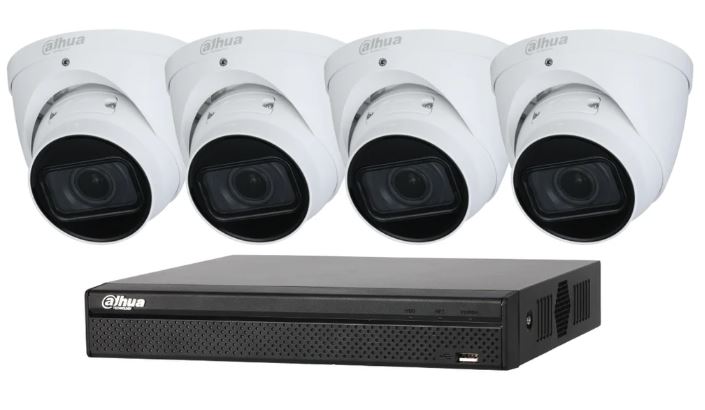Security stands as a paramount concern for both residential and commercial spaces, and Closed-Circuit Television (CCTV) systems emerge as pivotal guardians of these domains. However, the mere installation of CCTV cameras falls short; consistent maintenance, including firmware updates, proves indispensable to uphold the efficacy of security systems.
Here are the top five reasons why regular firmware updates for both residential and commercial CCTV systems are imperative:
- Security Enhancements and Vulnerability Mitigation: CCTV cameras are susceptible to cyber threats. Hackers persistently scour for loopholes to exploit. Regular firmware updates often encompass patches to rectify these vulnerabilities, thereby fortifying your system against unauthorized access and potential breaches of privacy, whether in residential or commercial settings.
- Enhanced Performance and Stability: Firmware updates frequently accompany performance optimizations and bug fixes. These updates refine the functionality of CCTV systems, ensuring seamless operation and dependable performance. By staying abreast of firmware updates, the risk of technical hitches diminishes, ensuring that cameras consistently operate at their pinnacle, be it for residential peace of mind or commercial security measures.
- Integration with Advanced Features: With technological progress, CCTV systems introduce novel features and functionalities. Firmware updates empower your cameras to embrace these innovations, such as heightened video quality, refined motion detection, and integration with other smart devices, catering to the evolving security needs of both residential and commercial environments. Regular firmware updates facilitate the adoption of these advancements, bolstering security capabilities.
- Adherence to Regulatory Standards: Across diverse regions, regulations and standards governing the utilization of CCTV systems, particularly concerning data privacy and security. Non-compliance entails legal ramifications and fines. Consistent firmware updates ensure adherence to prevailing regulations, mitigating potential legal entanglements and fostering ethical surveillance practices, whether in residential neighbourhoods or commercial premises.
- Extended Equipment Lifespan: Analogous to electronic devices, CCTV cameras necessitate maintenance to ensure longevity. Routine firmware updates can elongate the lifespan of equipment by addressing potential hardware issues and optimizing performance. By adhering to regular updates, both residential and commercial users can maximize the utility of their investment, evading premature replacements and sustaining security infrastructure.
In summation, the regular updating of firmware for CCTV security systems stands as an indispensable practice for upholding efficacy, security, and longevity. Through proactive engagement with firmware updates, stakeholders can fortify security measures, safeguard privacy, and foster a sense of security for occupants and assets alike, whether in residential sanctuaries or commercial establishments.
